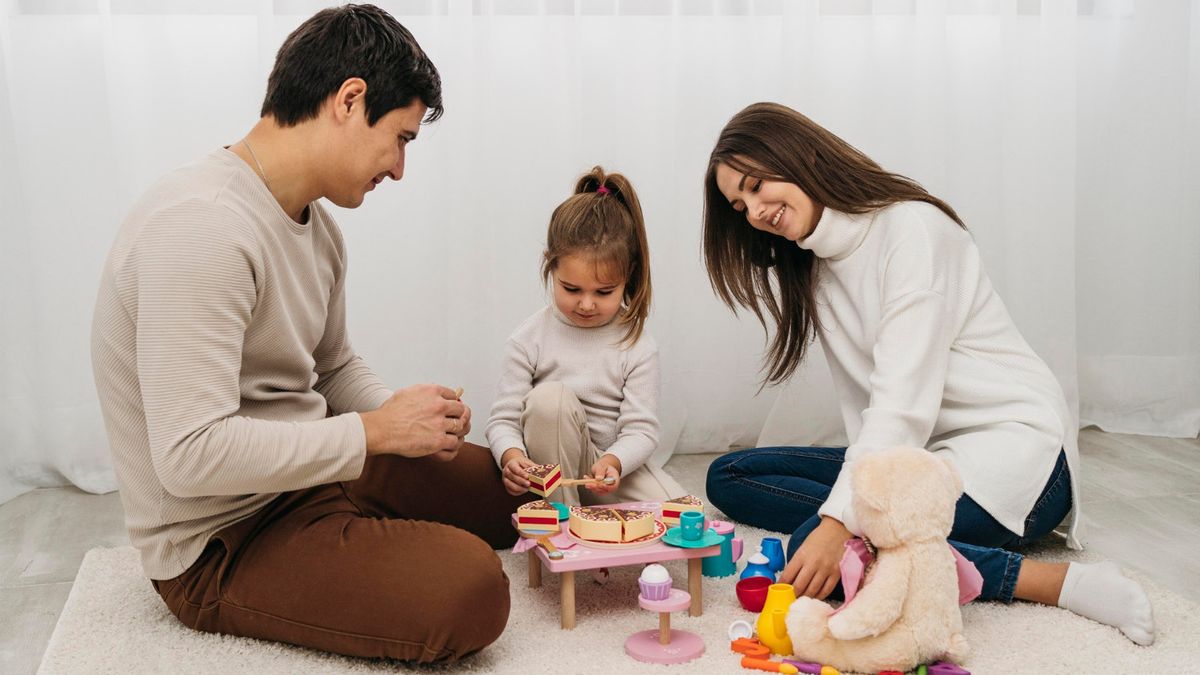YOGYAKARTA According to the observations of researchers and professors of psychology at Boston College, Dr. Peter Gray, the level of anxiety, depression, and suicide desire has increased significantly among children and adolescents over the past 50 to 60 years. So parents should know, invite and give children the opportunity to play as much time as they can, will have a good effect on their mental development and health.
According to professional reviews of licensed counselors and psychologist Pamela D. Brown, Ph.D. reported by Psychology Today, Thursday, November 23, children learn important life skills through the game. These include overcoming emotions, endurance, perseverance, confidence, and the courage to take risks, from the game. These things are not taught actually through academic classes or lectures. But they involve solving problems, social navigation, and compromise with others without textbooks but through experiences.
Conceptually, playing provides opportunities for children to self-explor and develop competence in various fields with little or no assessment. Playing among children is actually also not without an assessment. But when they play they can listen to each other's input, there are no formal limitations, and meet expectations. The game provides free time for children to be creative and make rules that they can modify based on performance, ability, and willingness to develop themselves.
Supervision of course must be carried out by adults. Children who participate in this unstructured activity are more likely to have disputes and competition. So it is better if they are free that they can play, keep an eye on how they interact with their peers, interaction patterns, and time and space.
SEE ALSO:
In a limited space situation, children may have the opportunity to gather with their peers through social media. But the weakness is that this electronic text-based interaction does not allow children to learn a lot of social gestures through facial expressions. In addition, toy devices also create an illusion of anonymity. Interactions that are carried out also sometimes seem impulsive and insensitive.
To encourage children to play and play certain games, you can tell stories about the fun of playing halma or chess. Even painting and playing musical instruments can provide a sense of calm, a positive escape from academic routines, creativity, and productivity without judgment. It is important to understand, parents need to encourage children to try a lot of playing experience. Because without trying it, they will not know what a valuable discovery of gaming experience is.
The English, Chinese, Japanese, Arabic, and French versions are automatically generated by the AI. So there may still be inaccuracies in translating, please always see Indonesian as our main language. (system supported by DigitalSiber.id)


















